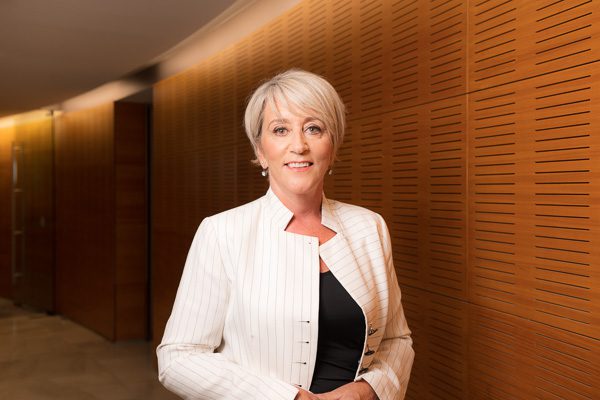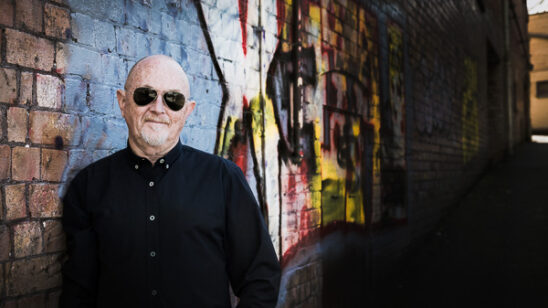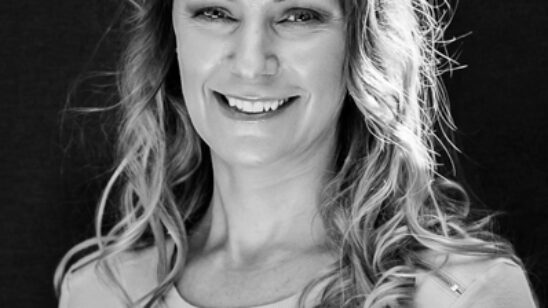
A Poignant Portrayal: Celia
‘Celia’ – it is a short name for a documentary that says so much. The poignant feature-length film captures the passionate life’s work of beloved social campaigner Celia Lashlie. It is raw; it is powerful; it is poignant; but then it was always going to be that way at the award-winning journalistic hand of Amanda Millar, who wrote, directed and produced.

Filmed in February 2015, it has been a labour of love for Millar. The pair had met in 2001 when Millar interviewed Lashlie for a 20-20 story. Captivated by the no-nonsense approach of the first woman to work in a men’s prison in New Zealand, they maintained contact over the years.
“She mesmerised me,” Millar says. “She was a bit like a drug – one fix and you just wanted more. I knew no matter what she would go on to do, it was going to be interesting.”
Lashlie’s landmark book He’ll Be OK: Growing Gorgeous Boys into Good Men outlined her conviction that crime, suffering and deaths could be prevented by supporting mothers, a point she lays on the line in the documentary. “We spend millions of dollars on benefits, millions of dollars trying to stop child abuse, millions of dollars trying to stop family violence and no-one has said ‘turn to the mothers’.
“And so that’s my thing: it is only in working with the mothers that we will get to save the lives of these children.” When the Pike River explosion proved a turning point in Millar’s career, she again sought Lashlie out.
“After 30 years in current affairs, I didn’t want to go knocking on the door of the homes of dead sons, fathers and brothers. It just felt so violating, so I resigned from current affairs, went off in search of Celia and said ‘I’m here’.” “I made it my mission to work with her again because I believed in her work.”
The pair were planning a series of mini-documentaries about social issues for the 2017 election when Lashlie discovered she had terminal pancreatic cancer. The focus instead became capturing Lashlie’s unfinished work, making New Zealand a better country.
With 12-18 months life expectancy, Lashlie planned on spending January with her family – the son, daughter and grandchildren she would be leaving behind – with plans for work on the documentary to commence in February.
When February came and Millar couldn’t reach Lashlie whose health had deteriorated rapidly, she mentally shelved the plans. A week later, Lashlie’s daughter Beks Henderson rang and said, ‘get a camera, come ‘round now, mum wants to do an interview’.”
Millar and camerawoman Belinda Walshe “hoofed it ‘round there” and got filming. “In retrospect I think she knew it was her last chance to say what she wanted to say.”
Two days later Lashlie died. But now, thanks to Millar, her work lives on. “I’m just one of tens of thousands in the world whose lives have been changed by Celia Lashlie,” she says, crediting former Christchurch businessman, Garry Robertson, with getting the documentary across the finish line by funding its completion.
“He was my saviour, it was a really gracious and extraordinarily generous gift he gave me. Even though he knew nothing about films, he knew about Celia.”




